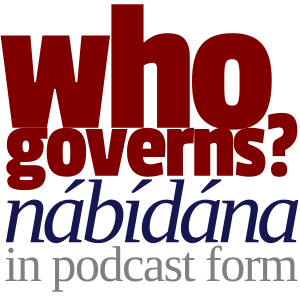For decent, humanitarian, human-rights aware British people, this week has been both extremely affirming and incredibly painful.
The affirmation is hard to express adequately, but it comes from the transcendent sense that we did the right thing this week. The publication of Lord Saville’s report of his inquiry into the events of Bloody Sunday is the fruit of a real national commitment to the rule of law. David Cameron’s statement to the Commons, followed by his response to Mark Durkan’s comments summed up the sense in which the UK genuinely is a contrite, even in retrospect, for the dreadful mistakes of her military on that day.
That begins to state the pain of this week. Many Unionists are conditioned to believe that our armed forces could do no wrong, or that, if they err, it must be explicable in some way. To a community threatened every day by the brutal threat of republican terrorism, the army seemed like guardian angels to us, and in most cases they were exceptionally good. This, however, bred a dangerous ‘us and them’ where we felt we could excuse everything they did as in our name. But in some cases, they erred unjustifiably. In some cases, some of our men in uniform made mistakes and did dishonour to their uniform and to their country. We don’t have to excuse that, indeed we must not – and David Cameron made that point in his speech to the commons.
We have to hold ourselves, it seems to me, to a higher standard, if we’re to support the proposition (as I do) that there’s something ‘irreducibly magnificent’ about our nation. If we can’t be ethically and morally better than the terrorists, then for what reason do we challenge them? The job of the IRA for many years was to kill innocent civilians and justify it for some political cause; the job of our armed forces is to support the British government with its role of running the UK in accordance with the rule of law. Where they fall short of that mission, they fail us all.
There is no doubt that Bloody Sunday and Widgery did immense damage to the UK’s profile and the profile of the justice system in the nation. There is no doubt that the conflict in Northern Ireland was fuelled by the terrible events and the subsequent failure to hold those responsible to account. With the prospect of justice for the victims at the time, the driver for young catholics to join the ranks of the IRA for decades afterwards might simply have been weaker, and political progress might well have been made sooner than the mid nineties.
Plenty of people are trying even as we speak to revise and rewrite history; it’s the curse of our whole troubles that the history of our many injustices against others is rarely a shared one – hence Cromwell was either a hero destroyer of tryanny in Britain or the hated oppressor of Ireland, and many more contested histories atop that. But the publication of the Saville Inquiry and its acceptance by the British Prime Minister offers us an opportunity to share our understanding of one awful day, and perhaps grasp the possibility of a shared future.

